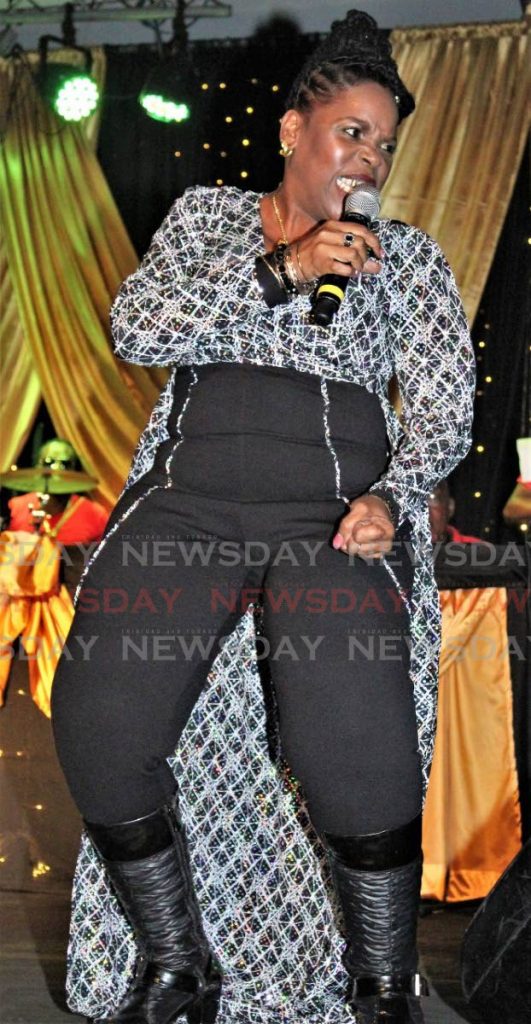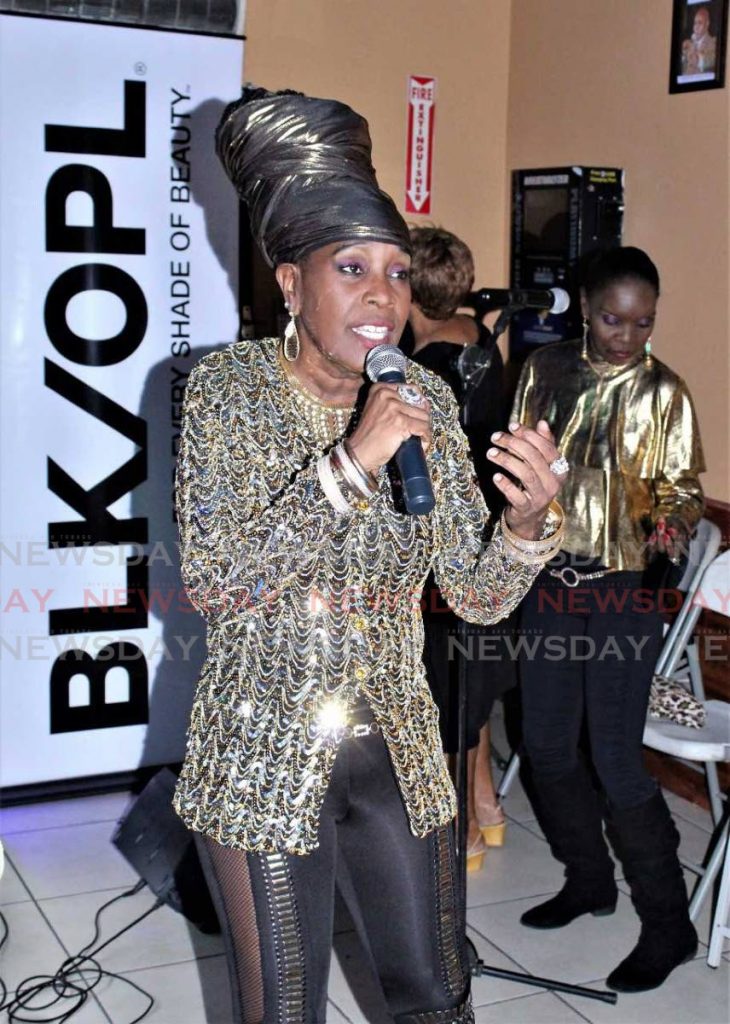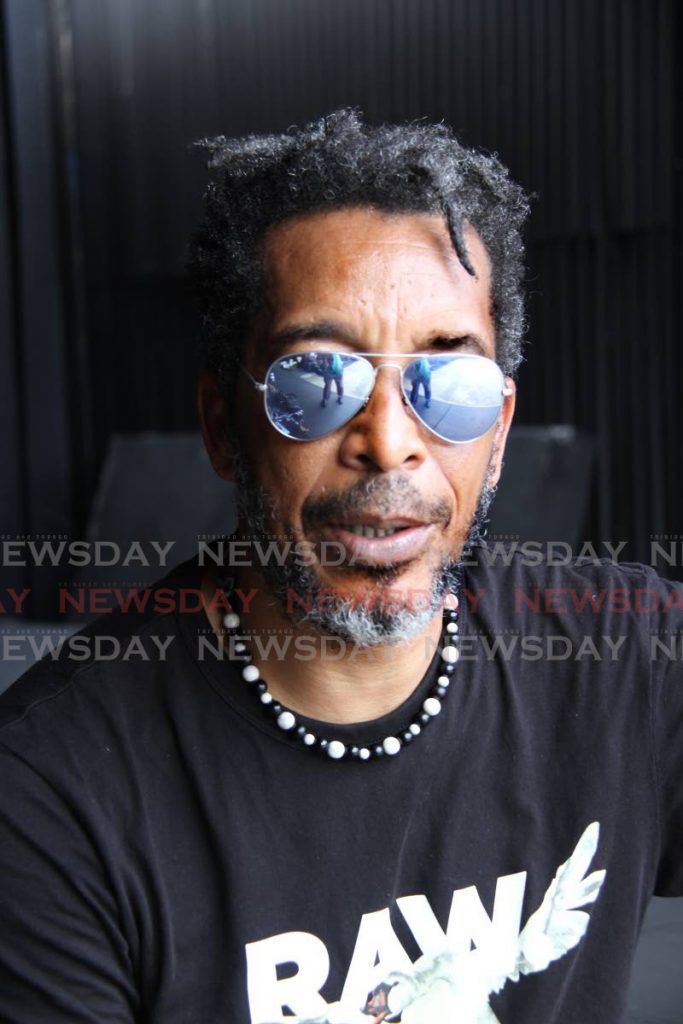Calypso panel explores how to ban yuh belly

HOW can calypsoes help us to survive the current situation of the pandemic and the general state of the nation?
This was the question asked during the webinar The Struggle and Redemption: Learning from Ban Yuh Belly Calypsoes, hosted by the University of Trinidad and Tobago (UTT) on Saturday.
Moderated by UTT assistant professor Dr Kela Francis, the panel consisted of 3canal’s Wendell Manwarren; calypsonian Tammico “Spicey” Moore; calypsonian and son of legendary Winston “The Mighty Shadow” Bailey, Sharlan Bailey; TUCO general secretary Shirlane Hendrickson; and TUCO marketing manager Devon Seale.
The first set of calypsoes analysed included Lord Brynner’s Rich Man, Poor Man; Maestro’s Poor Man; the Mighty Spoiler’s Money in the Bank and Brother Valentino’s Dis Place Nice. Francis said these songs examined financial attitudes in times of plenty and according to class expectations.

Manwarren said the first two songs asked who decides who gets to be rich and who gets to be poor, while Spoiler’s song spoke about having money in the bank but not being able to access it. Seale said the first two songs showed how wealth and success were perceived by rich and poor people, “a rich man will get their money and hush their mouth, while a poor man thinks he can get respect by showing off his wealth.”
Bailey said the calypsoes were similar because calypsonians were able to see the bigger picture and express it through their music. Francis said the calypsoes explored the realities of class and how each class related to wealth.

The next set of calypsoes, Shadow’s Poverty is Hell; Brother Resistance’s Cyar Take Dat; and No Money No Love by Sparrow dealt with what it’s like to live through "guava season" and how it affects people. Moore said the songs examined the reasons why money is needed and how people want and use it. Manwarren said Resistance’s song is a direct address to people in authority and was a great influence on him when entering the rapso scene. Hendrickson said TT has two economic, political and social levels, where one level is struggling and the other is enjoying itself.
Bailey said Sparrow’s song touched on the fact that society is based around what people have, and how this can affect personal lives.
“My dad’s song, where he spoke about being a King from Hell, he wasn’t talking about a literal hell. He was talking about how he came from a place where suffering is an everyday thing, but he conquered it and became king of the hell that is poverty.”

The third and final set of calypsoes explored coping mechanisms, which Francis said were especially relevant during the pandemic and the current economic situation. The calypsoes were Trinidad Rio’s Back to Basics and Poor Man’s Furniture Shop and Full Extreme by Ultimate Rejects.
“With the reported increase in domestic violence during the pandemic and people losing their jobs, is it that if there is no money there is no love? What does it mean to be human when your pockets are empty?”
Bailey said entertainers especially in TT needed to take Rio’s advice during covid and put their other talents to use. Moore said Full Extreme showed that even when Trinis have nothing, they just wanted to have fun. Seale said the song also tied back to Valentino’s Dis Place Nice, showing that not much has changed over the years. Hendrickson said calypsoes tell stories of the past which can be used to influence the future.
“The road to recovery committee could have just tapped into calypsoes. We need to go back to the past to come up with ideas for the future. In as much as we’re progressing and technologically advancing, we seem to be going two steps backward.”

The panel agreed that humour as used in the calypsoes was a more effective tool to get people to think about and change their behaviour than talking down to them. Manwarren said,
“If the singer is being didactic and serious, people feel like they’re being criticised and get defensive. But if you use humour, they will have a good laugh and then say yes that’s a good point I should do something about. There’s often serious commentary hidden in comical lyrics and there’s a power there we tend to discount.”
A recording of the panel can be found on YouTube.


Comments
"Calypso panel explores how to ban yuh belly"